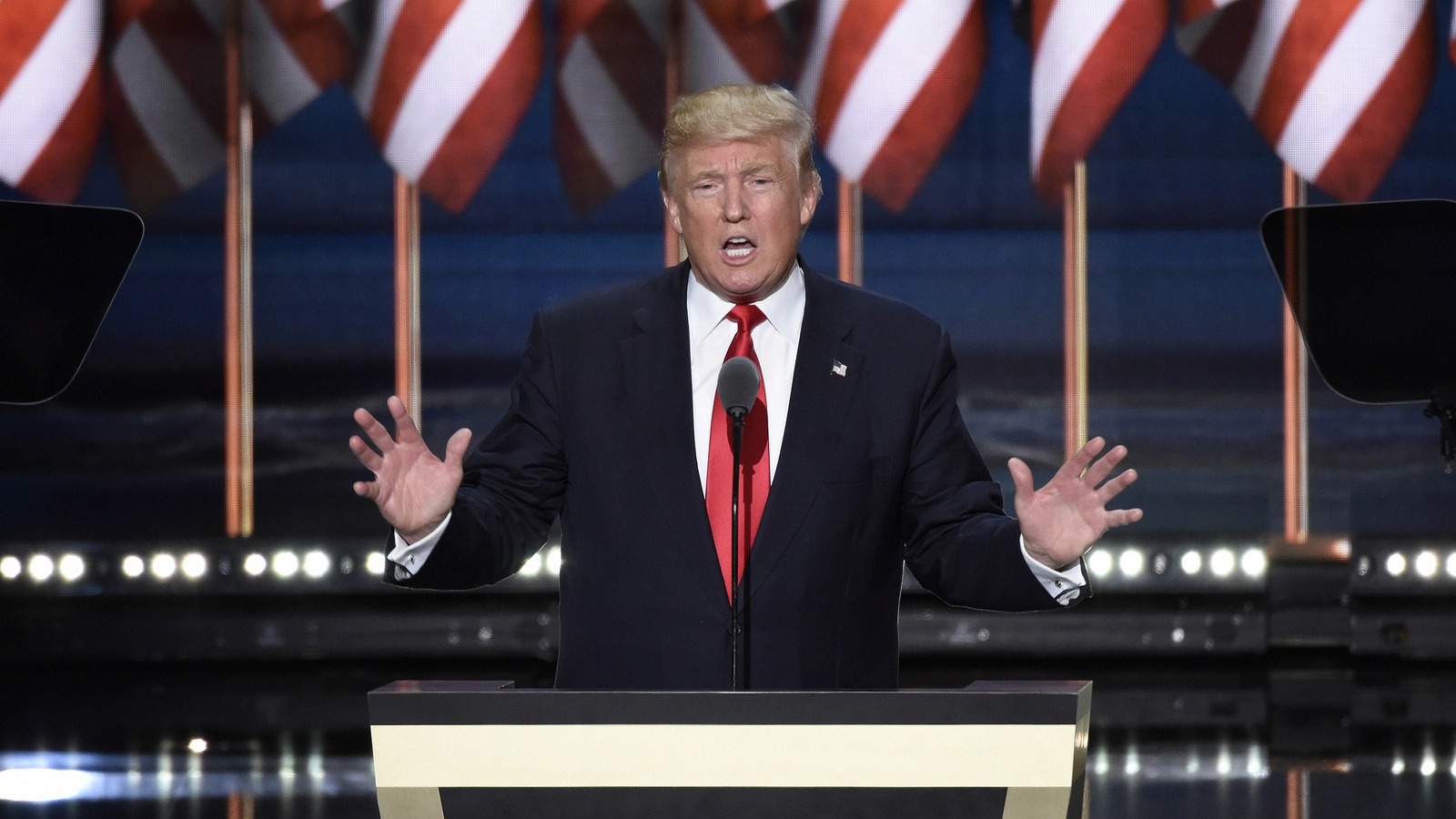
Donald Trump, the Republican presidential nominee, has recruited Stephen Bannon – the executive chairman of Breitbart News, the rightwing, tabloid-style website – to run his presidential campaign. Breitbart News espouses the anti-establishment stance, takes a tough line on illegal immigration and propagates conspiracy theories.
Mr Trump has shaken up his presidential campaign for the second time in two months. Paul Manafort, his campaign manager who tried to make him look more presidential, resigned from the Trump campaign on August 19th.
Mr Trump’s unpresidential temperament and divisive comments have alienated moderate voters, who typically decide the presidency. A staff change indicates that Mr Trump is not going to modify his style. Given that his presidential campaign is now guided by people, who share his conspiracy theories and paranoia, he is likely to amplify his divisive message.
Mr Manafort made a fortune as an advisor to kleptocrats around the world, including Mobutu Sese Seko of Congo and Ferdinand Marcos of the Philippines. He came under intense scrutiny for his consultancy work for a political party of Viktor Yanukovych, the pro-Russia former president of Ukraine who became a symbol of Ukraine’s rent-seeking and corrupt system of government.
Mr Manafort and his advisory team rebranded Mr Yanukovych after the 2004 Orange revolution, which brought Viktor Yushchenko and Yulia Tymoshenko to power, helping him to win the presidency in 2010 (his support came almost exclusively from the Russian-speaking, industrial east of the country, and the south). Mr Yanukovych was toppled by the 2014 Maidan revolution, which was triggered by his decision to ditch a trade and association agreement with the EU, choosing instead closer economic ties with Russia. After the revolution, Mr Manafort helped to promote the Opposition Bloc, an anti-Poroshenko political party funded by oligarchs who previously backed Mr Yanukovych. Last week, Ukraine’s anti-corruption bureau said a ledger showed 12.7 million dollars off-book cash payments were allegedly made to Mr Manafort by Mr Yanukovych’s pro-Russian Party for Regions between 2007 and 2012 for his political consultancy service. Mr Manafort has denied receiving any such off-the-books cash payments.
Mr Trump’s sympathetic stance on Russia has given him a reputation as America’s first pro-Russia ticket. The Clinton campaign has accused Mr Trump of being a Kremlin puppet, saying that his financial ties to one of America’s top geopolitical foes could influence his foreign-policy decisions. The Trump campaign, on the other hand, portrays Mrs Clinton as being out of touch with ordinary Americans.
Mr Trump pulled ahead of Mrs Clinton after the Republican convention last month, but he has squandered that lead with his controversial comments, including suggestions that gun rights advocates might shoot Mrs Clinton, and his attack on a Muslim-American family. Three months from the election, Mrs Clinton maintains the average lead of 5 percentage points nationally. In the crucial swing states such as Ohio, Colorado and Virginia, Mrs Clinton is ahead of Mr Trump by the margin of 4.8 percentage points in Ohio, 10.8 percentage points in Colorado and 12.8 percentage points in Virginia, according to the RealClearPolitics polling average of polls. In North Carolina, the state that was until recently dependably Republican, Mrs Clinton leads by 1.8 percentage points. In the Republican strongholds like Arizona and Georgia, which has not voted for a Democratic candidate since 1992, the race is tied. No Republican has won Pennsylvania in a presidential election since 1988. Mrs Clinton enjoys a 10 per cent lead there. Mr Trump, however, claims that the only legitimate outcome in states like Pennsylvania would be his victory.
Mr Trump doesn’t try to woo ethnic minorities in the country that is becoming increasingly diverse. His bid for the White House is reliant on white working-class voters, a segment of the electorate that is shrinking. More than 90 per cent of African-Americans will vote for Mrs Clinton in November. Polls show that zero per cent of black voters in Ohio and Pennsylvania plan to vote for the Republican presidential nominee. He is expected to win 1 per cent of the black vote nationally. Only 20 per cent of Hispanic registered voters support Mr Trump. Mitt Romney, the 2012 Republican nominee, received 27 per cent of the Latino vote. His message of paranoia is also driving away college-educated white voters, who have been the Republican Party’s reliable source of support over years. White voters without a college degree support Mr Trump by roughly two-to-one, but college-educated white voters favour Mrs Clinton by a 14 per cent margin.
Nativism and nationalism propelled Mr Trump to victory in the Republican primary contest, but are not good enough to win the White House. The damage Mr Trump has caused himself over the past weeks seems to be irreparable.
photo: Disney | ABC Television Group / CC BY-ND 2.0